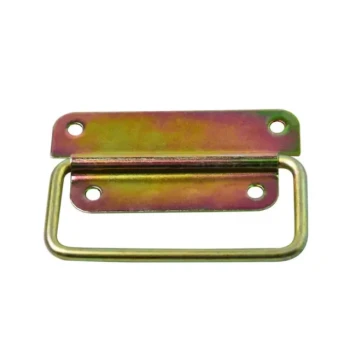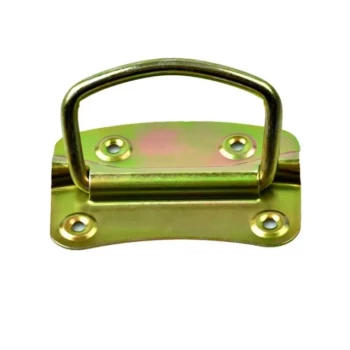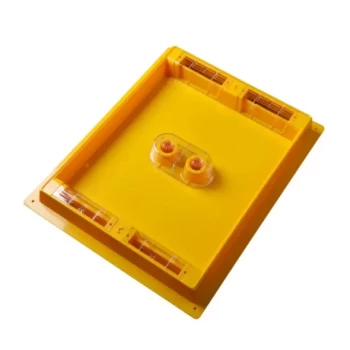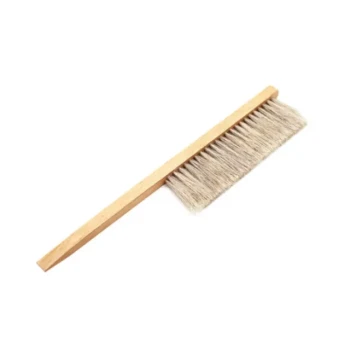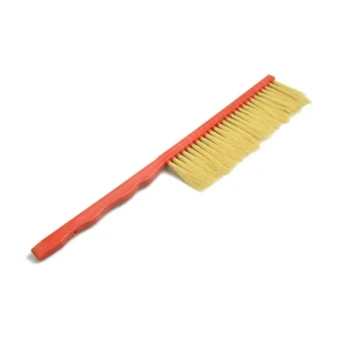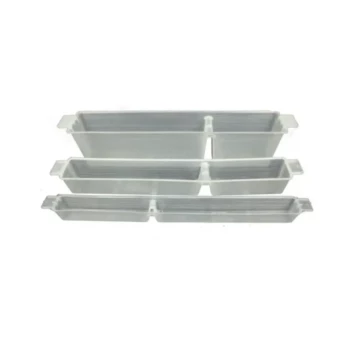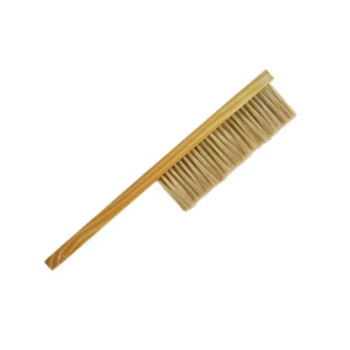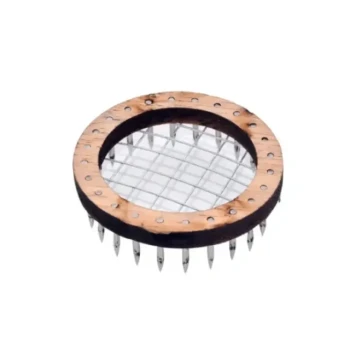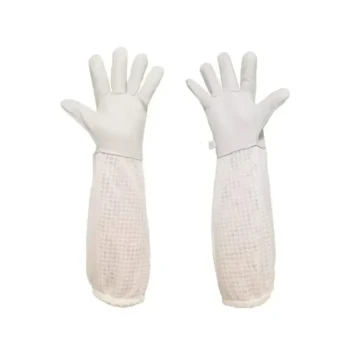When it comes to durability, the single greatest advantage of plastic hives is their complete immunity to rot and moisture damage. Unlike wooden hives that can absorb water, swell, and deteriorate within a few years in humid environments, high-quality plastic is non-porous and inert. This fundamental difference means plastic hives can offer a service life of ten years or more with minimal environmental degradation.
While wood is the traditional choice, the core durability advantage of plastic lies in its resilience to the elements. Plastic hives eliminate the risk of rot, water damage, and certain pests, which translates directly to a longer lifespan and less maintenance for the beekeeper.
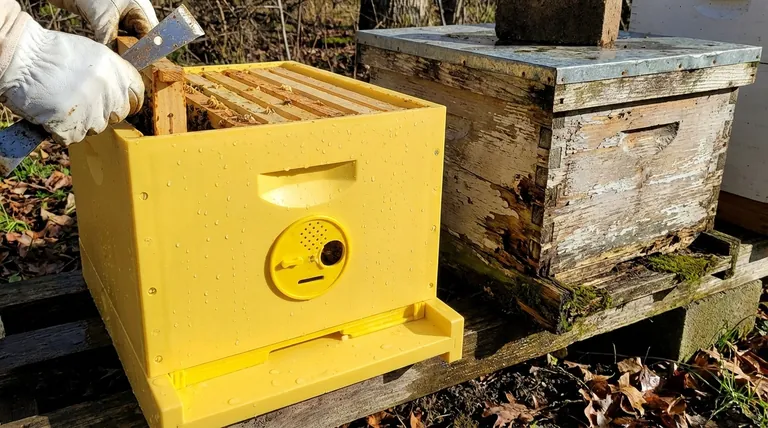
The Core Advantage: Environmental Resilience
The primary durability benefit of plastic is its ability to withstand environmental factors that degrade wood over time. This resilience manifests in several key ways.
Impervious to Moisture and Rot
Wood is a natural, porous material that readily absorbs moisture. In wet or humid climates, this leads to swelling, warping, and eventually, rot. This compromises the hive's structural integrity and its ability to protect the colony.
Plastic, by contrast, does not absorb water. It is a stable material that will not rot, decay, or warp due to rain, snow, or high humidity, ensuring the hive remains sound for many years.
Resistance to Pests
Pests like wax moths can cause significant damage to wooden equipment by burrowing into the soft wood to pupate. This weakens the hive components over time.
Plastic is impervious to these pests. A wax moth cannot chew through or burrow into the hard, non-porous surface of a plastic hive body or frame, eliminating a common vector of damage.
Durability in Practice: Handling and Maintenance
Beyond environmental factors, plastic's durability shines during routine beekeeping operations, which involve significant physical stress on the equipment.
Structural Integrity Under Stress
Beekeepers must often use a hive tool to pry apart frames and boxes that bees have sealed together with strong propolis. This process can easily split or damage the corners of wooden frames.
Plastic frames are manufactured to withstand this force. They will not split or splinter when being pried apart or when propolis and wax are scraped off during cleaning.
Resistance to Wear and Tear
Moving hives and handling components inevitably leads to scrapes, dents, and scratches. While often cosmetic, significant damage to wood can expose it to more moisture and accelerate decay.
The engineering-grade plastics used for modern hives are highly wear-resistant, holding up better against the physical demands of handling and extraction in a honey harvest.
Understanding the Trade-offs
No material is perfect. To make an informed decision, it's critical to understand the potential downsides of plastic's durability.
Thermal Insulation
Wood is a better natural insulator than plastic. In very hot climates, a plastic hive may become warmer, and in cold climates, it may lose heat more quickly, potentially requiring extra insulation or ventilation management to reduce stress on the colony.
Internal Condensation
Because wood can "breathe" to a small degree, it can help dissipate some of the moisture a colony produces. Plastic is non-porous, so all moisture must be managed through the hive's designed ventilation. Poorly ventilated plastic hives can be more prone to internal condensation.
Making the Right Choice for Your Apiary
The decision between plastic and wood hinges on your climate, management style, and long-term goals.
- If your primary focus is maximum longevity and minimal maintenance: Plastic is the superior choice, especially in wet or humid climates where wood rot is a constant battle.
- If your primary focus is a low initial cost and a traditional setup: Wooden hives are a proven and effective option, but you must be prepared for regular maintenance like painting and replacing rotted components.
- If your primary focus is colony thermoregulation in an extreme climate: You can use either material, but be aware that a plastic hive may require more proactive management of insulation and ventilation.
Ultimately, choosing your equipment based on a clear understanding of its material properties is fundamental to efficient and successful beekeeping.
Summary Table:
| Durability Factor | Plastic Hive Advantage |
|---|---|
| Moisture & Rot | Non-porous material; completely immune to rot and decay |
| Pest Resistance | Impervious to wax moths and other burrowing pests |
| Structural Integrity | Withstands prying with hive tools; resists splitting and splintering |
| Lifespan | Can last 10+ years with minimal maintenance in humid climates |
Ready to upgrade your apiary's durability and reduce maintenance?
For commercial apiaries and beekeeping equipment distributors, the long-term savings from durable, rot-proof plastic hives are significant. HONESTBEE supplies high-quality beekeeping supplies and equipment through wholesale-focused operations.
Contact HONESTBEE today to discuss bulk pricing and how our plastic hives can extend your equipment's lifespan.
Visual Guide

Related Products
- Beehive Entrance Discs Plastic Bee Entrance Disc for Bee Hives
- Professional Galvanized Hive Strap with Secure Locking Buckle for Beekeeping
- Professional Drop-Style Hive Handles for Beekeeping
- Professional Grade Foldable Beehive Handles
- Professional Hive Top Bee Feeder for Beekeeping
People Also Ask
- How does the orientation of a beehive entrance toward the south impact colony productivity? Boost Your Honey Yield
- Why are specific wooden platforms installed at the hive entrance? Enhancing Guard Bee Behavioral Observation
- What is the function of a steel entrance disc on a beehive? Master Traffic Control & Colony Protection
- What factors influence the ideal winter entrance configuration for a beehive? Optimize Your Hive for Winter Survival
- What additional components and accessories are available for beehives? Essential Tools for Healthy, Productive Colonies


